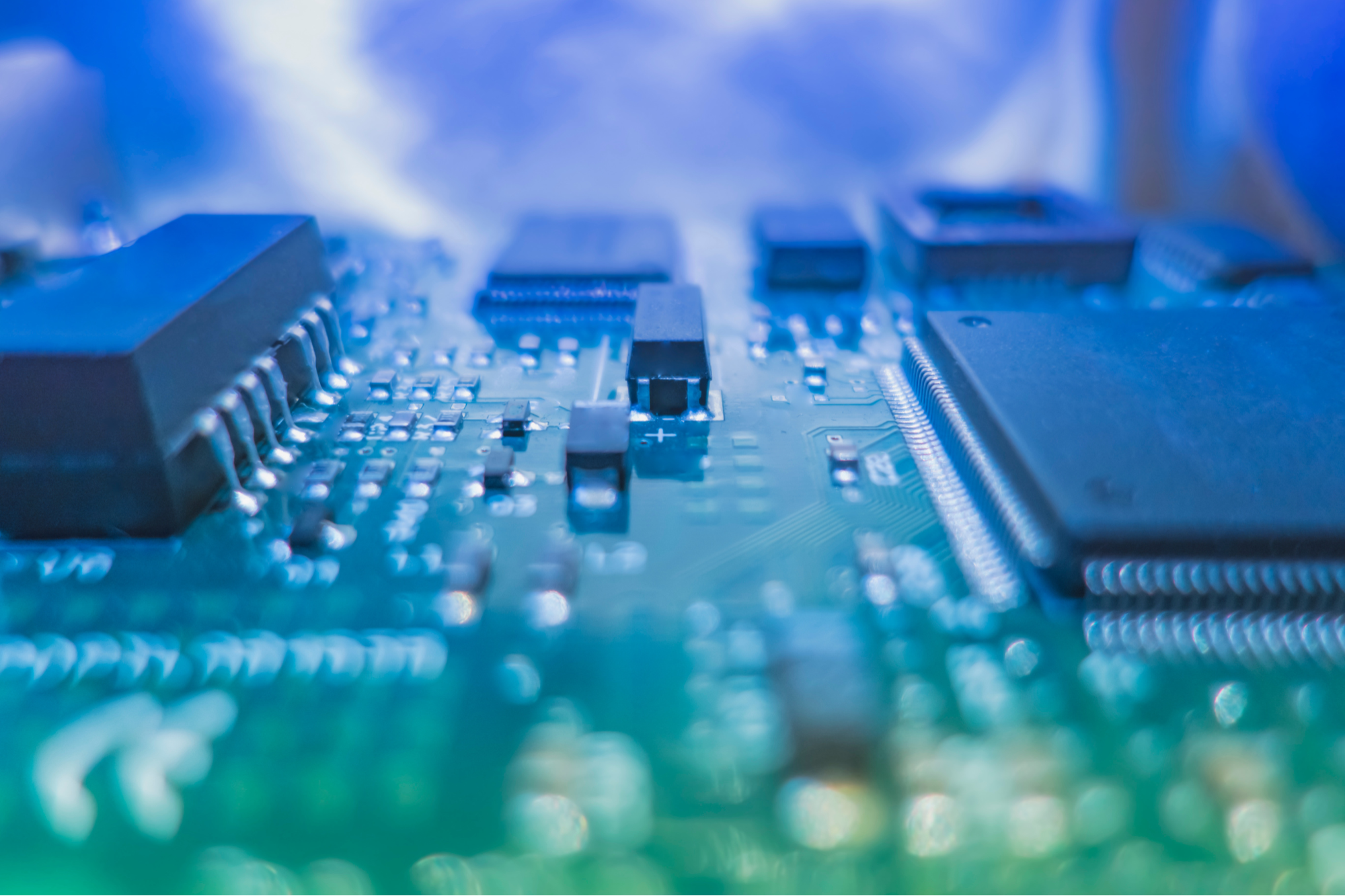Why Foxconn Exit Won't Hamper India's Semiconductor Fab Goals Under the joint venture, the two firms were to jointly invest into a semiconductor fabrication plant in Gujarat, the agreement was signed last September
By Shrabona Ghosh •
Opinions expressed by Entrepreneur contributors are their own.
You're reading Entrepreneur India, an international franchise of Entrepreneur Media.

Foxconn, Taiwan-based Hon Hai Technology Group, has pulled out of its joint venture with the Vedanta Group. "In order to explore more diverse development opportunities, according to mutual agreement, Foxconn has determined it will not move forward on the joint venture with Vedanta," the company said in a statement.
Under the $19.5 billion joint venture, the two firms were to jointly invest into a semiconductor fabrication plant in Gujarat, the agreement was signed last September. In May this year, the joint venture was reported to be struggling to tie up with a technology partner. However, Foxconn maintained that it was not breaking away from the Indian semiconductor space entirely and that it still supported the Indian government's domestic chip-making efforts.
Vedanta reiterates that it is fully committed to its semiconductor fab project and has lined up other partners to set up India's first foundry. "We will continue to grow our Semiconductor team, and we have the license for production-grade technology for 40 nm from a prominent Integrated Device Manufacturer (IDM). We will shortly acquire a license for production-grade 28 nm as well. Vedanta has redoubled its efforts to fulfill the Prime Minister's vision for semiconductors and India remains pivotal in repositioning global semiconductor supply chains," said Vedanta's spokesperson.
Union Minister Rajeev Chandrasekhar, minister for State for Electronics and IT, tweeted both companies did not have any prior experience in the semiconductor manufacturing sector. "It's not for the government to get into why or how two private companies choose to partner or choose not to, but in simple terms it means both companies can and will now pursue their strategies in India independently, and with appropriate technology partners in Semicon n Electronics (sic)," the minister added.
While their JV VFSL had originally submitted a proposal for 28nm fab, they could not source an appropriate tech partner for that proposal. Vedanta through VFSL has recently submitted a 40nm fab proposal backed by Tech licensing agreement from a Global Semicon major - which is currently being evaluated. "This decision of Foxconn to withdraw from its JV with Vedanta has no impact on India's Semiconductor Fab goals. Both Foxconn and Vedanta have significant investments in India and are valued investors who are creating jobs and growth," he tweeted.
Earlier in 2022, Vedanta and Foxconn announced MoUs with the government of Gujarat for setting up a semiconductor fab unit, a display fab unit, a semiconductor assembling and a testing unit in the state. Prime Minister Narendra Modi expressed optimism after the government of Gujarat signed an MoU of INR 1.54 lakh crore with Vedanta-Foxconn Group for the manufacture of semiconductor and display fab. "The Prime Minister also pointed out that the investment will create a significant impact to boost the economy and jobs while creating a huge ecosystem for ancillary industries and thereby helping MSMEs," said an earlier statement by the PMO.
The government of India, in December 2021, had launched the India Semiconductor Mission with an incentive outlay of INR 76,000 crore to attract investments in the strategic semiconductor sector.
With an eye on creating a Silicon Valley in India, Anil Agarwal, chairman, Vedanta Resources Ltd, during the 57th annual general meeting (AGM) of the company, said, "This will produce value for the world and I truly hope this is only the beginning of the creation of a Silicon Valley in India. Not only are semiconductors in short supply globally, but India is also 100 per cent import dependent. The domestic consumption of semiconductors is expected to cross $80 billion by 2026 and may touch $110 billion by 2030."












